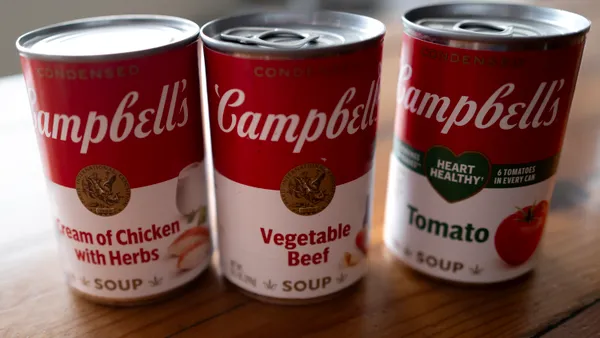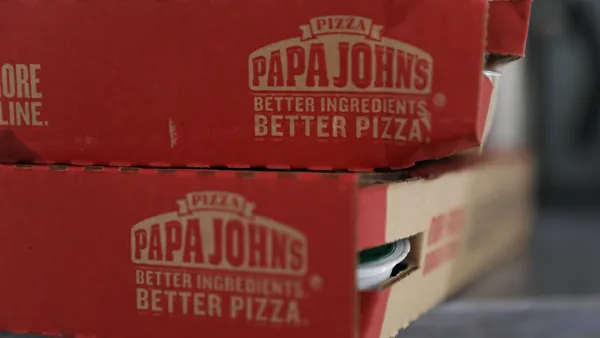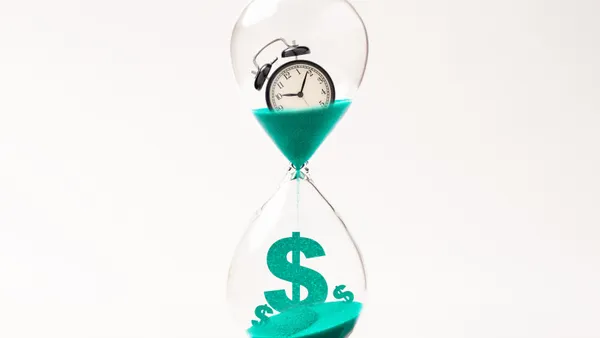Dive Brief:
- Pluribus, a chatbot created by Facebook and Carnegie Mellon University, is the first artificial intelligence "capable of beating human experts in six-player no-limit Hold'em," Facebook said this week.
- The chatbot's skills were put to the test against professional poker players, including two winners of the World Series of Poker Main Event. Pluribus could have made $1,000/hour playing against five human players if each chip was worth $1 during the rounds.
- Pluribus' ability to take on five players at once comes from the use of an online search algorithm, which allows the AI to "efficiently evaluate its options by searching just a few moves ahead rather than only to the end of the game," according to Facebook.
Dive Insight:
Before Pluribus, an AI named Libratus beat four professional poker players but in two-player games in 2017. Pluribus upped the ante.
In addition to the online search algorithm, Pluribus uses self-play algorithms for games with undisclosed information, like poker. The combination of the two algorithms frees Pluribus from over-using processing power and memory.
The saved power equates to about $150 worth of cloud computing expenses, according to Facebook. The fraction of the cost it took for Pluribus to take on the complexity of unknown variables of poker speaks to the advancement of AI.
The technology has long been ridiculed for its biased tendencies, inviting accidental risk into decision-making. Pluribus' abilities are a step toward nullifying the chance of a bad AI decision.
Companies are already enlisting more simplified AI use cases. The technology is finding a home at drive-thrus, where recognition AI can identify license plates and automatically process payments to conversational AI for orders. Dairy producers are using the technology for estimating how much milk 1.5 million cows can produce.
More tech providers, like Microsoft and Google, are offering solutions to study, train and mature AI skills and existing technologies. Silicon Valley as a whole has a robust AI-dedicated partnership for funding and contributing to research.














